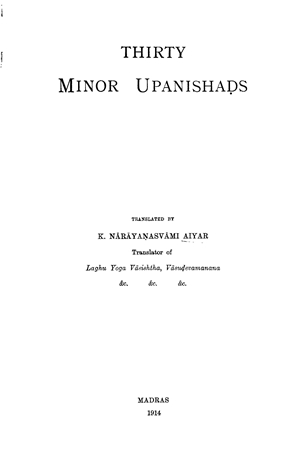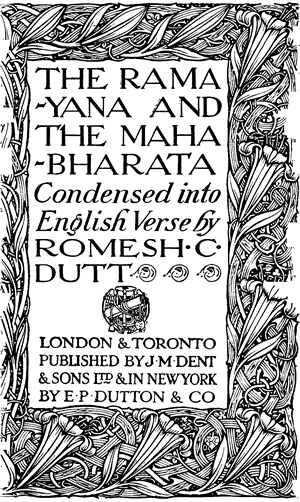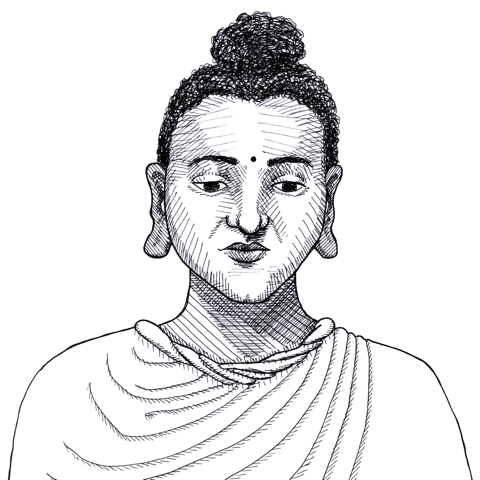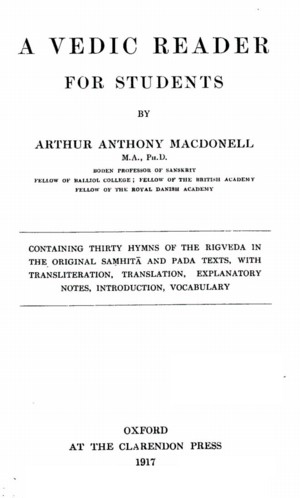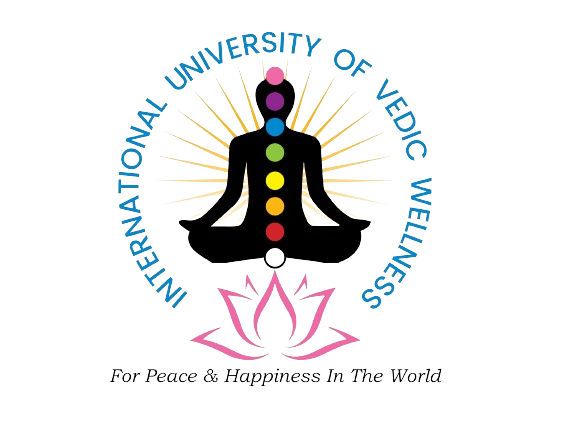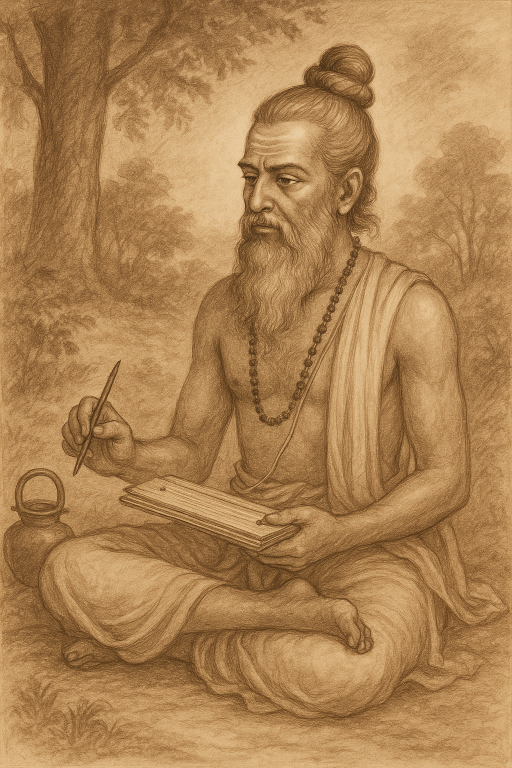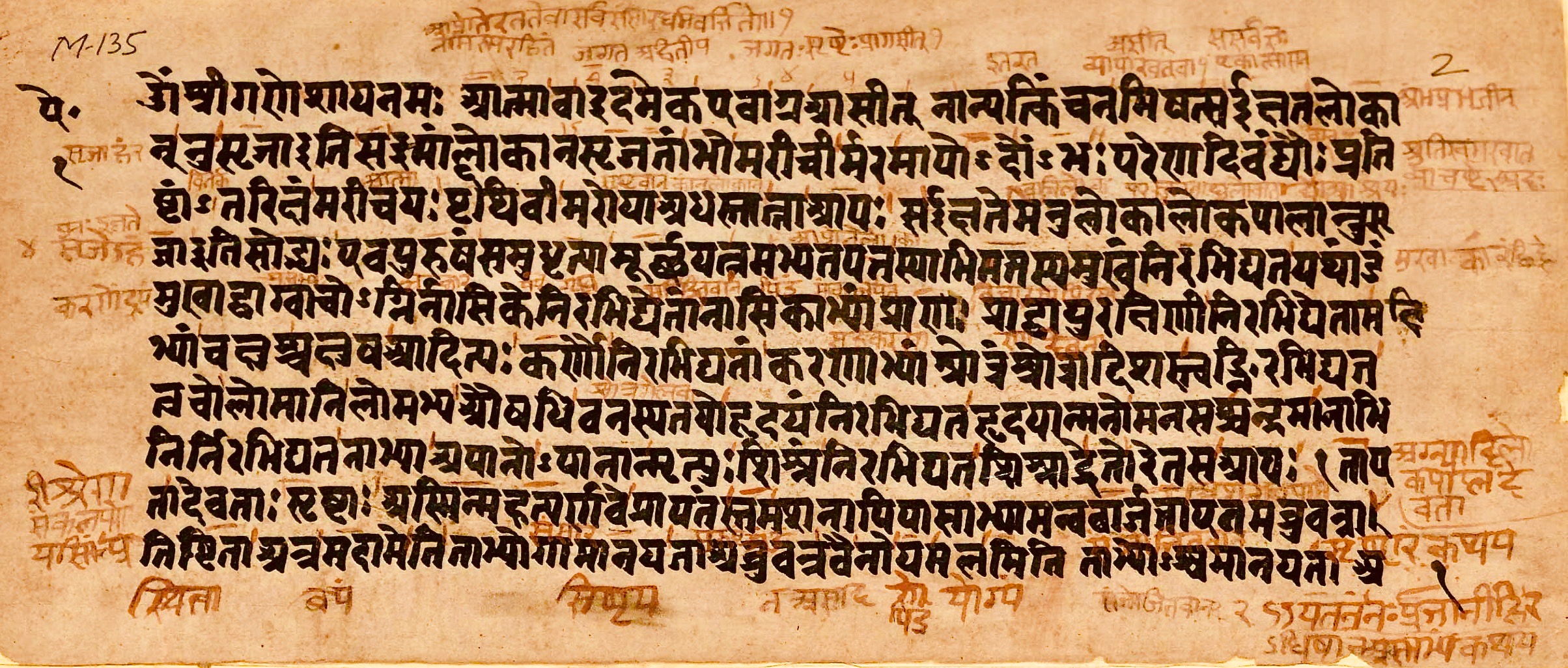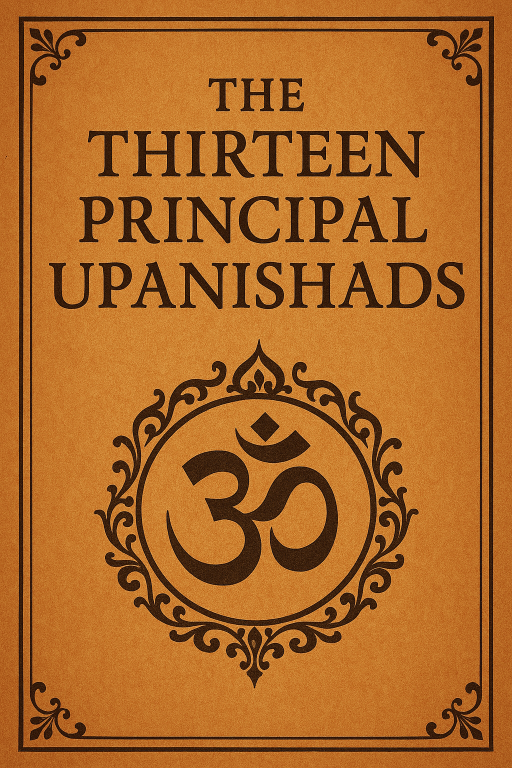
The Thirteen Principal Upanishads
- Robert Ernest Hume (translator)
- Misc (Upanishads) (author)
These are commentaries on the Hindu sacred texts known as the Vedas.
Related People
Critical Responses

Journal Article
The Relation Between Buddhism and the UpanishadsA. K. Sharma
While the article doesn’t explicitly list “the thirteen principles of the Upanishads” as such, it implicates many of the core Upanishadic doctrines and offers a critique (or at least a comparative commentary) of them via the Buddhist vantage.
Connected Readings
